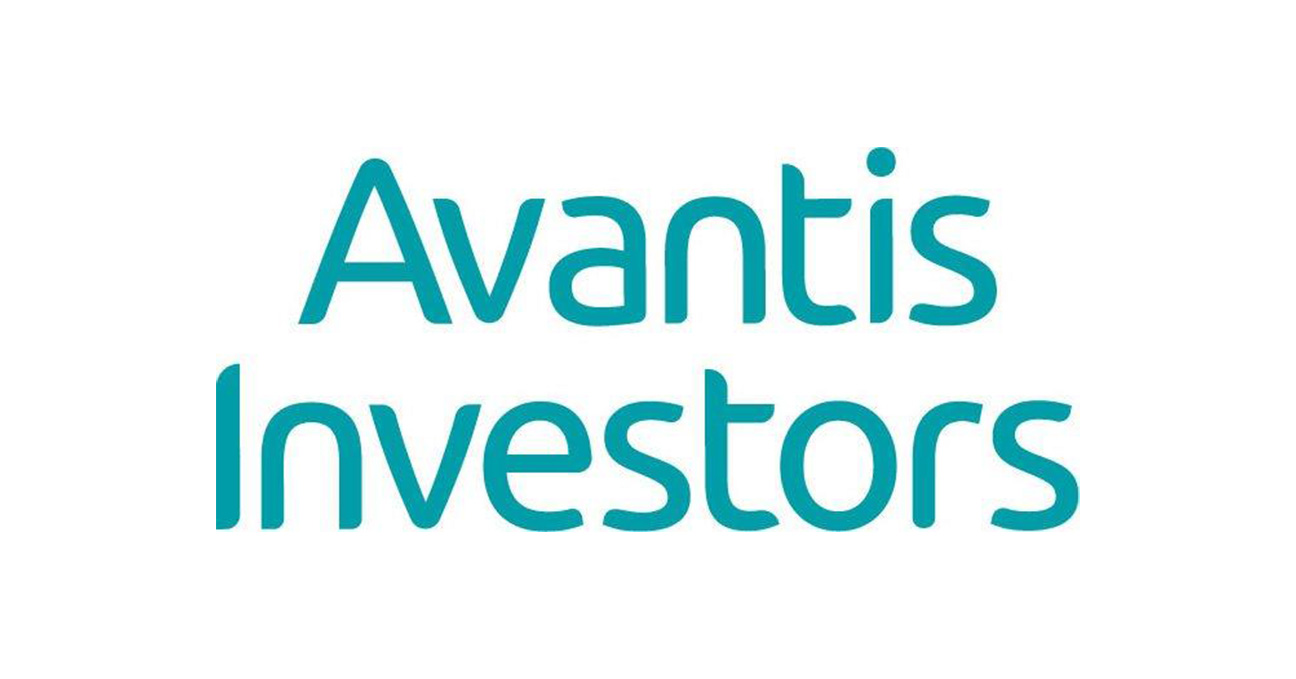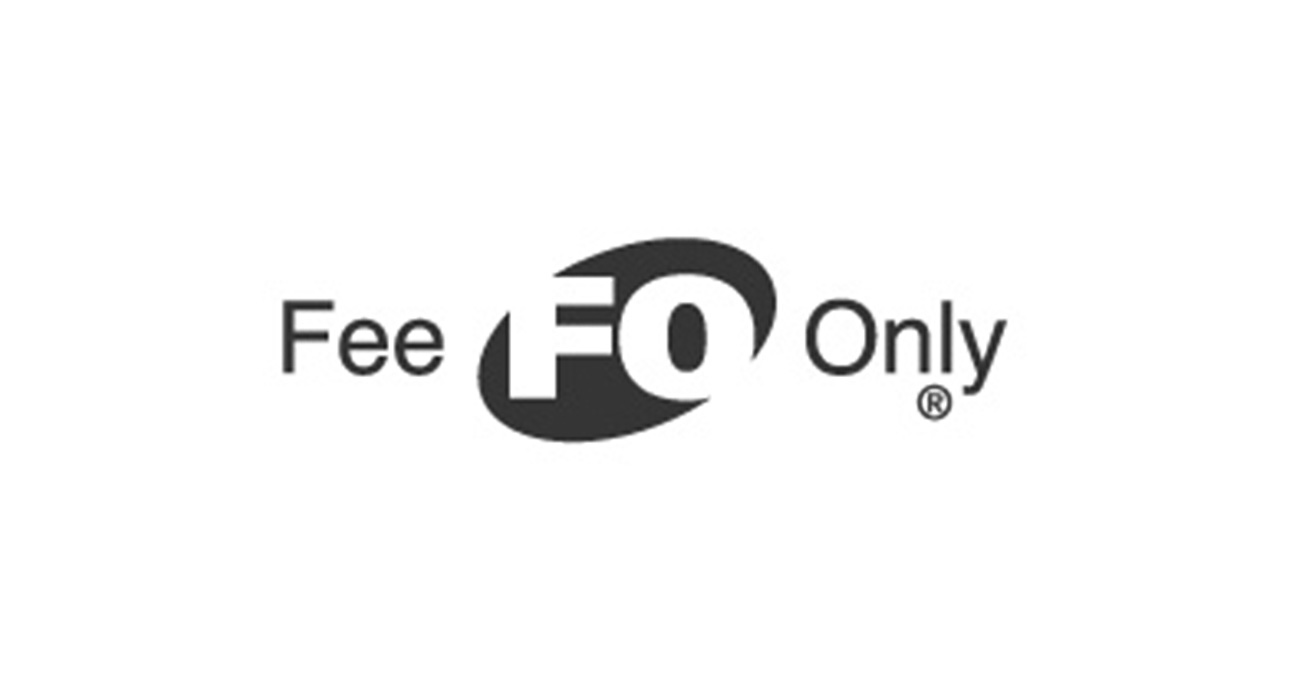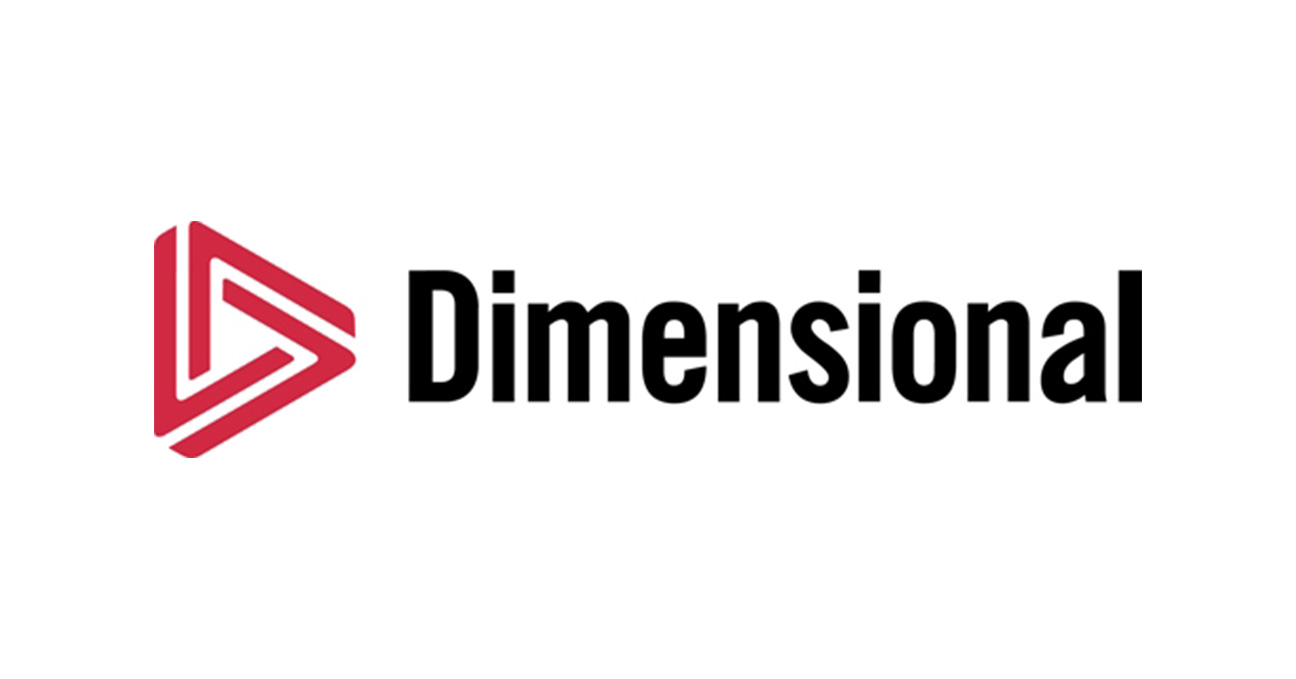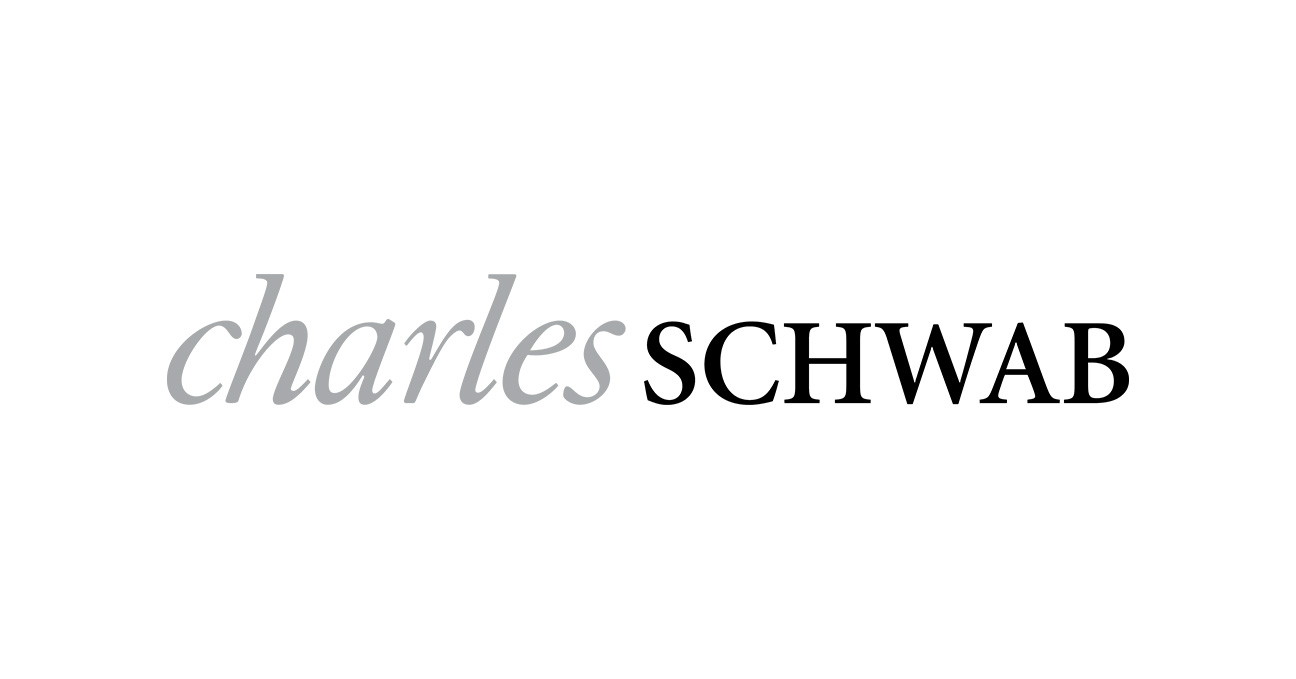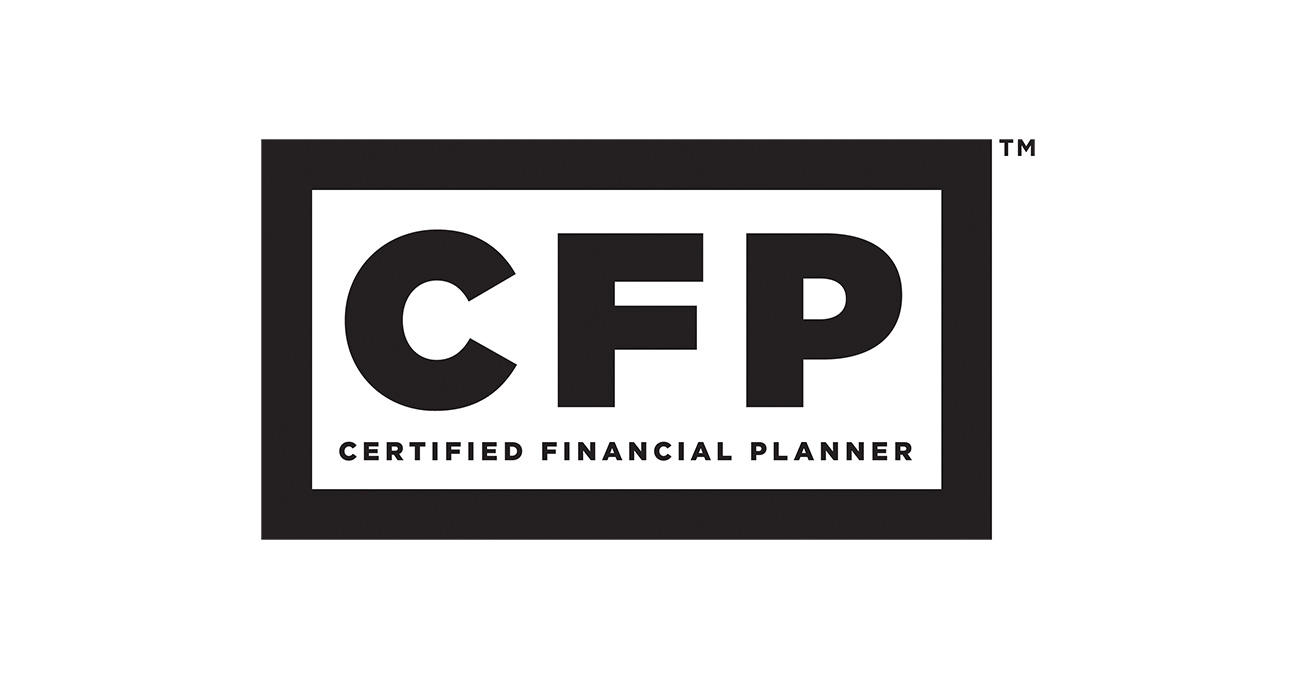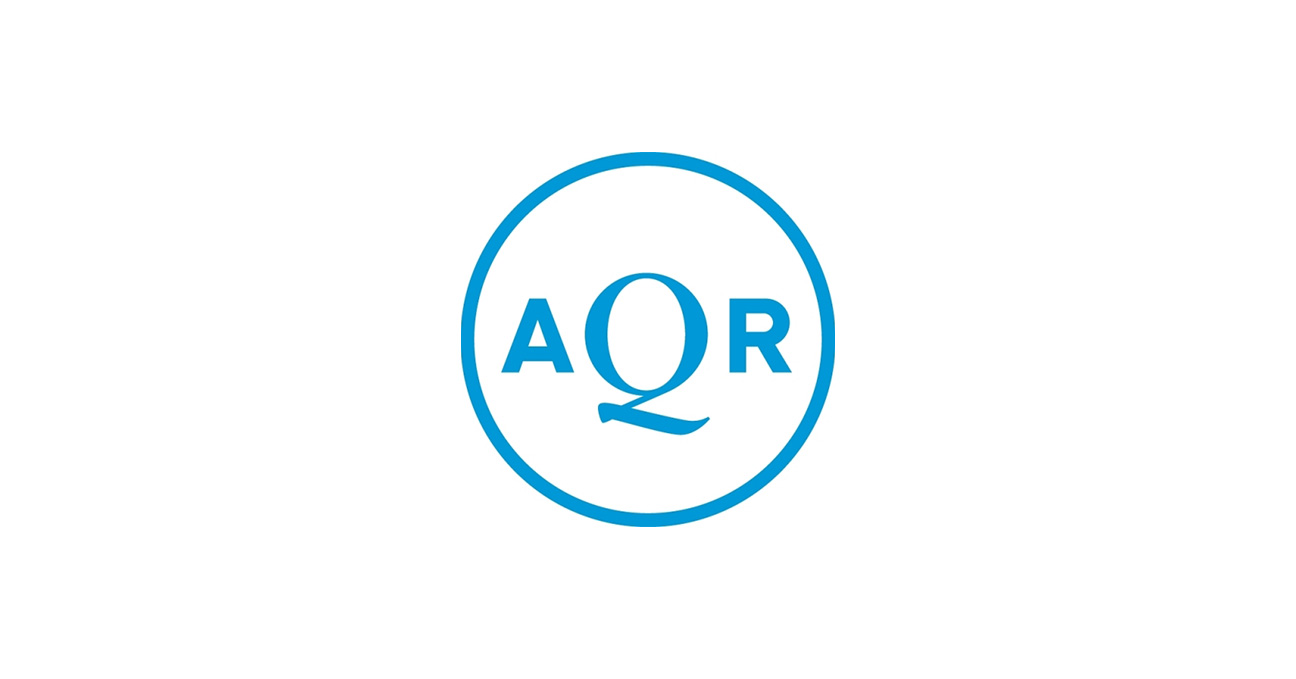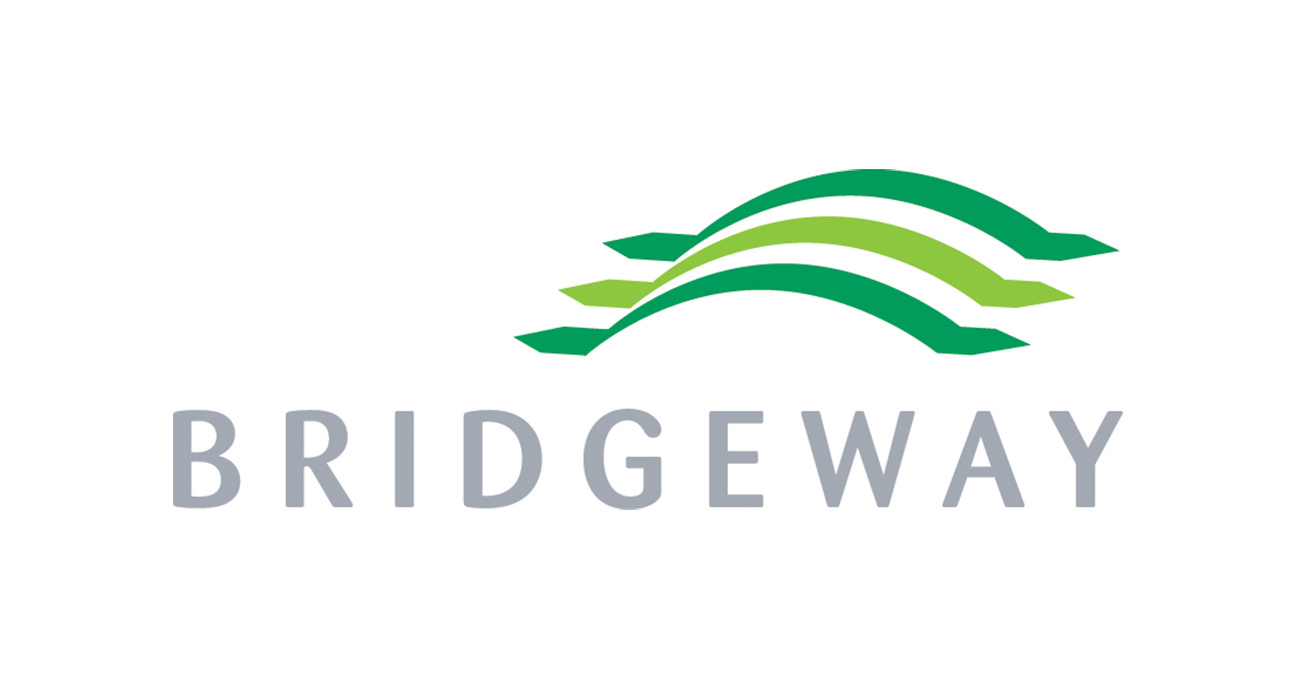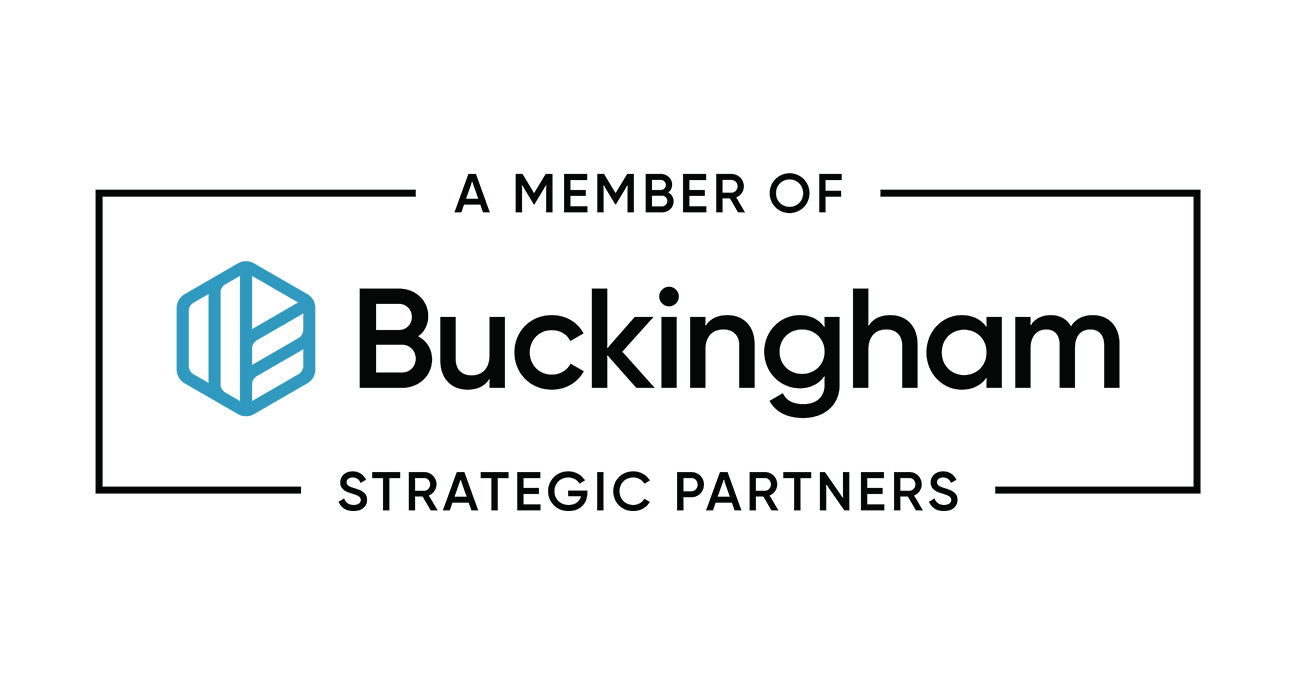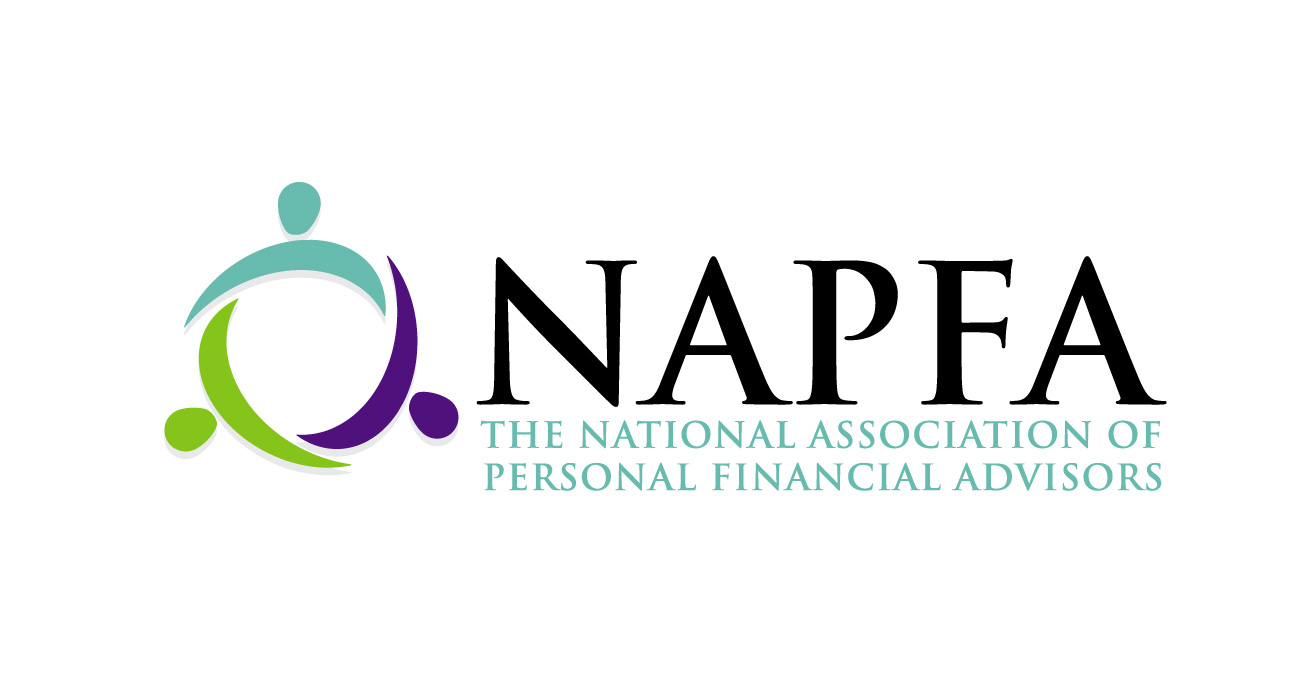Being in debt isn’t fun, and while you are able to you use your 401(k) to pay off your debt, you should consider all your options before you do so. Below are a couple of different ways to utilize your 401(k) to this objective. And if you’d like to talk with me in more detail about your financial well being, please consider setting an appointment.
What Is a 401(k)?
A company-sponsored retirement program that allows employees to make pre-tax contributions for investment, a 401(k) gives individuals total control over their savings. With a variety of offerings including stocks, bonds and money market accounts, 401(k) plans are diverse and accommodate varying levels of risk.
Many companies offer contribution matching, which means if you invest, for example, $2,500 into your 401(k) account per year, your company will make a matching contribution as well, usually up to a certain percentage of your salary. A contribution limit exists because the associated amount is pre-tax, meaning a certain amount of your paycheck is placed into the account before the rest of your income is taxed.
Option 1: Cashing Out
In most cases, cashing out your 401(k) is not recommended, especially with the cost of living likely to continue increasing and the state of Social Security in constant question. Saving money for your future and your retirement should be a top priority for you and your loved ones. If you do end up deciding to take money out of your 401(k) to cover certain hardship expenses, you may face a 10 percent early withdrawal penalty if you’re under 59 ½, and you’ll have to pay income taxes on it as well.1
Many people who cash money out of their 401(k) accounts do so because they have changed jobs. It may be because it’s easier than rolling the amount into a new account or that it’s just too tempting to not cash the check in hand. It’s important to remember that if you are changing jobs, it’s not a bonus for doing so, but the money you’ve been saving and should be placed into another retirement account.
Option 2: Borrowing From Your 401(k)
You do have the option to borrow against your 401(k), however, you will have to pay it back, and with interest. The interest does go into your 401(k) account, which means you’re effectively paying yourself for the use of your money.
In addition, a loan on your 401(k) account doesn’t affect your credit score. It does, however, have an impact on your retirement savings since the money that you removed is no longer earning in your favor.
Loans are usually for a term of five years or less. If you leave your job for any reason during that time, you will have to pay off the loan immediately.
Alternative Options
It’s important to remember that you don’t have to touch your retirement plan if you find yourself in debt. There are a number of options for handling your debt while continuing to contribute to your 401(k).
As you look for alternatives to paying down debt, you may want to consider:
- Negotiating your interest rate with your credit card company. With good credit, you may be able to drop your interest by several percentage points.
- Making extra payments to reduce the interest charged and length of your loan.
- Transferring balances to lower-interest credit cards.
- Consolidating student loans with a better rate if your credit has improved since the initial borrow date.
- Taking out a 401(k) loan instead of withdrawing money
If you have high-interest debt and are working, you may want to consider a 401(k) loan to pay off your debt. Paying the loan back is essentially paying interest to yourself into your account. With this and many other options available to you, you may want to make tapping into your 401(k) to pay off debt your last choice. If you’re faced with a significant amount of debt, work with a trusted financial partner to help weigh your options and decide together on the right path for you.




